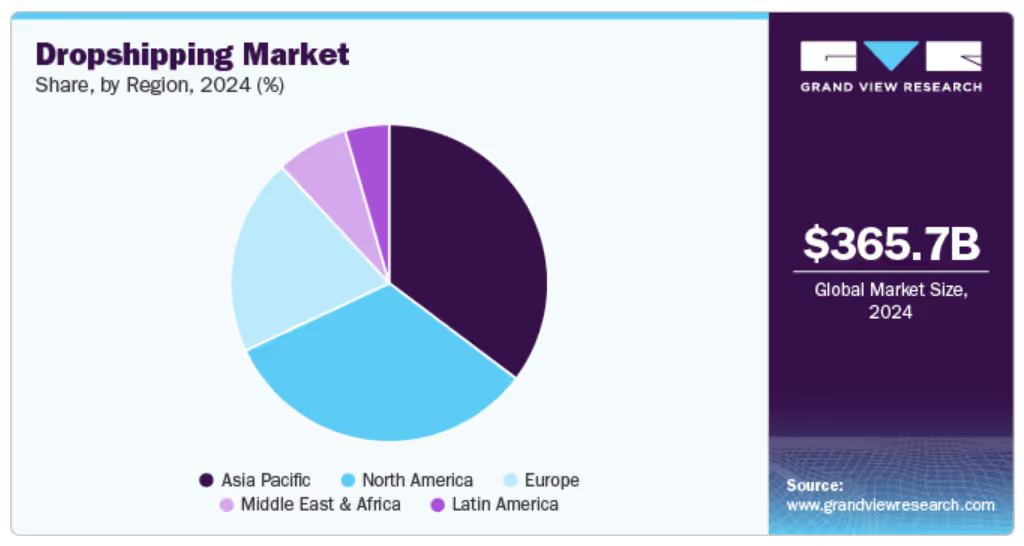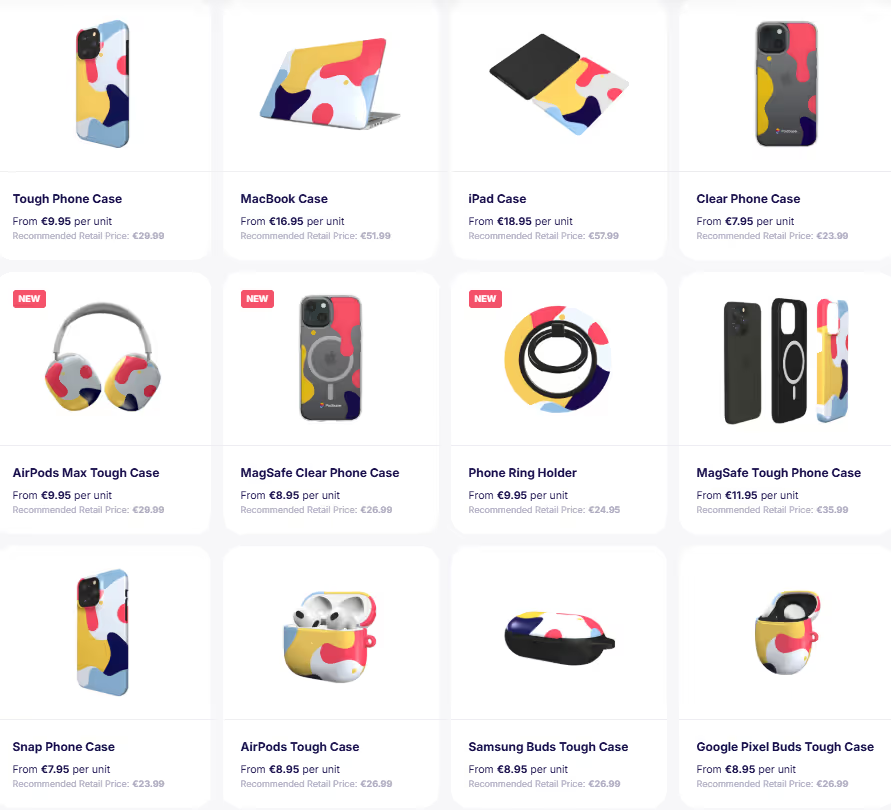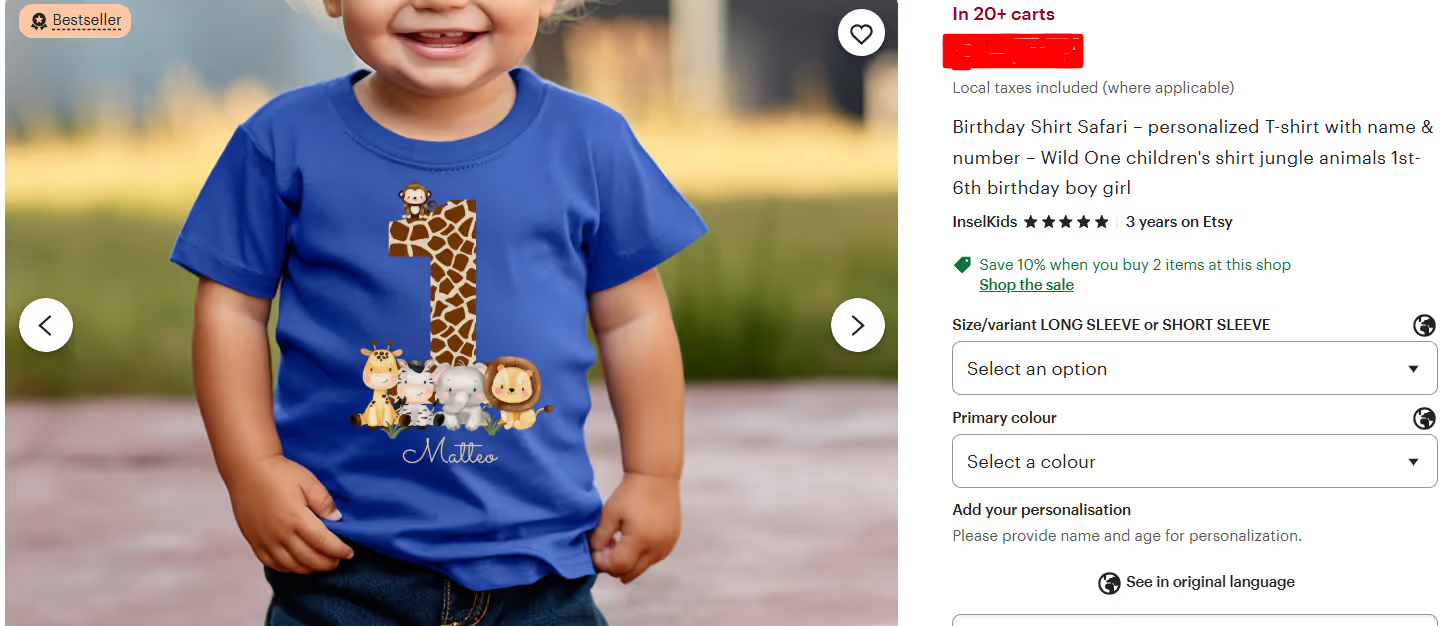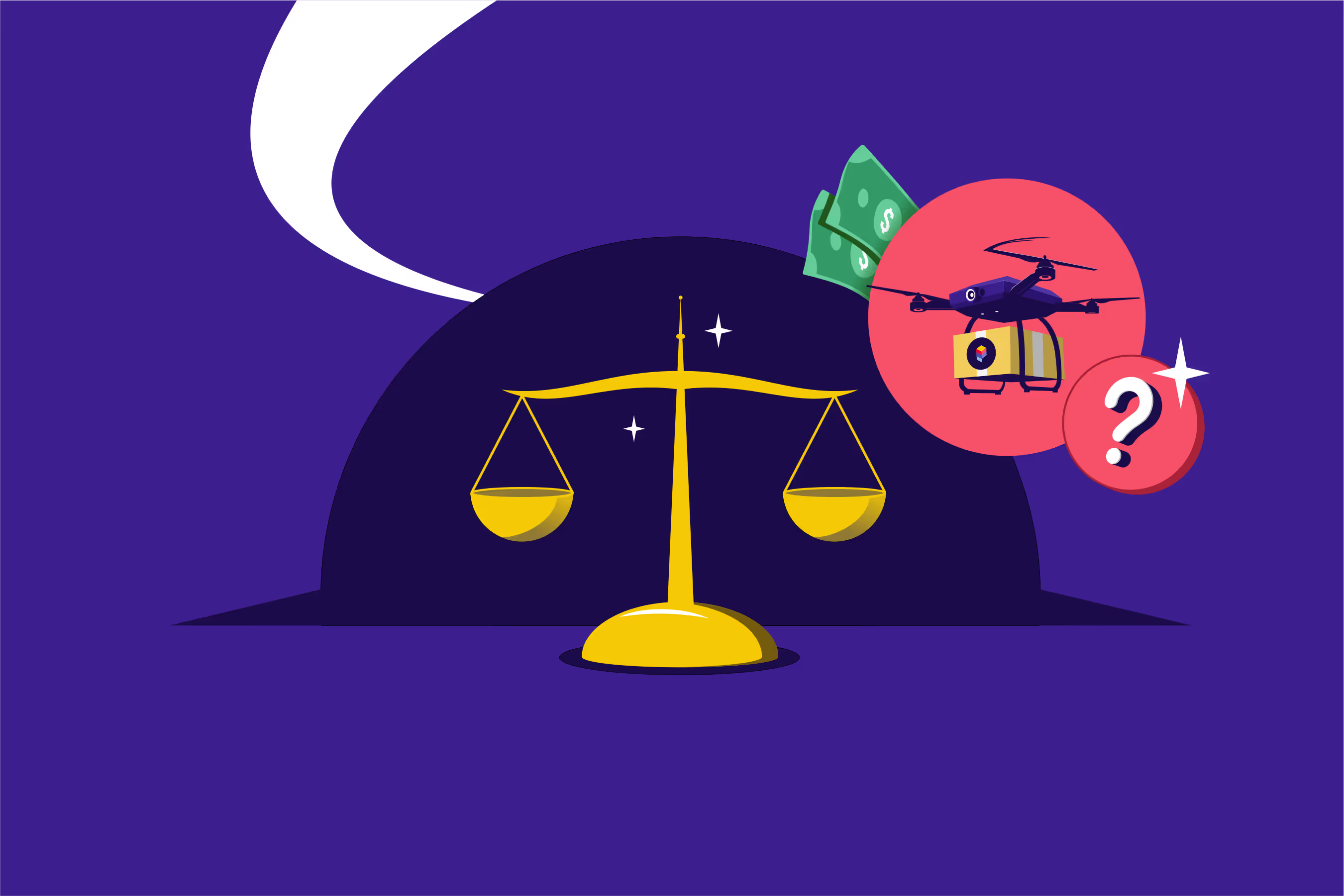“Is dropshipping legal?” That’s one of the first questions most people ask before starting out - and the short answer is yes, it is, as long as you follow the rules.
From print-on-demand and wellness products to fashion and tech gadgets, dropshipping has become a popular way to build an online business. And with so many people jumping in, it’s easy to see why that question keeps coming up.
In this post, we’ll break down everything you need to know about dropshipping laws in the US and how to stay compliant.
Let’s get into it.
Summary Block for Extractability:
Dropshipping is legal in most countries in 2026. As a business owner, you’re responsible for various factors. These include product compliance, customer protection, taxes, and accurate advertising.
So, always partner with verified suppliers and trusted platforms like Amazon, Shopify, and Etsy to stay protected.
Is Dropshipping Legal in the US and Other Countries?
Let’s find out if it’s legal to run a dropshipping business in different countries.
US Legality Overview
Dropshipping is 100% legal in the US. North America holds a market share of 33% in the global dropshipping market. With this, you can tell how popular it is.

Do you need a business license to dropship?
- Yes, you must register your business and apply for licenses in most states.
- Dropship businesses should remit sales tax.
- If you want to start digital dropshipping, apply for copyrights, trademarks, or patents.
Legality in Other Countries
Dropshipping is legal in most countries, including Canada, Australia, the UK, and the EU. Here are a few factors to remember:
- In the UK and the EU, you should follow VAT regulations.
- In Canada, you need to register your business and pay sales taxes.
- In Australia, you should follow the Australian Consumer Law and the Competition and Consumer Act.
Also Read:
- Print on Demand: Your Complete Beginner's Guide
- Print-on-Demand vs Dropshipping: The Essentials Explained
Legal Risks of Dropshipping in 2026 (And How to Avoid Them)
The risks of dropshipping are real. When ignored, they may lead to a penalty or license cancellation. Let’s discuss some major risks and how to avoid them.
Copyright and Trademark Issues
As a dropshipper, be careful not to break copyright or trademark rules. Some suppliers might send fake products to your customers. Selling copied designs can also cause legal problems.
Whether you start a POD business or sell products directly from manufacturers, copyright and trademark infringements can cause legal trouble. Work with suppliers who follow the law.
Misleading Ads
When you market your products, you must be honest about what you’re selling. If your ads are false or misleading, you could face legal trouble.
Customers can sue you if the product doesn’t match what you promised. You, not the supplier, will be held responsible.
Payment Disputes and Chargebacks
Some of the common payment-related risks in dropshipping are fraudulent transactions, failed payments, and chargebacks.
Most of the time, the bank takes money from the seller and sends it back to the buyer.
To avoid this, use a safe payment system and write a clear return and refund policy for your products.
Dropshipping Laws Explained: Copyrights, Taxes, and Compliance
Dropshipping allows you to make money from your phone. But it’s easy to fall into legal complications and get blocked. Here’s an overview of dropshipping laws:
Copyright, Trademark, and Intellectual Property Laws
Let’s say you work with a platform like Podbase to make tech accessories. The products might be high quality, but using copied designs or logos breaks the law.

You need to understand copyright and trademark laws in detail. You can get ideas from others’ work, but don’t copy it.
Sales Tax, VAT, and Global Tax Obligations
Dropshippers need to pay taxes. You should pay sales tax, income tax, and VAT for the products you sell.
If you’re importing products from another country, you must pay customs charges and extra shipping taxes. If you sell worldwide, follow global tax rules and trade laws.
Business Licenses and EIN Requirements
Dropshipping is a popular low-cost business idea. But you still need to register your business and get a license. You also need an EIN to open a business account and pay taxes.
If you sell certain products, like food or medicine, you may need special permits.
Also Read:
- How to Avoid Copyright Infringement in Print-on-Demand
- How to Start an Online Store Without Inventory
How to Choose Legit Dropshipping Suppliers
As a dropshipping business, you depend on suppliers for good products, fast delivery, and legal compliance. Keep these tips in mind when choosing one:
- Check product samples for quality, originality, and durability. Look at the packaging to see if it meets customer needs.
- Make sure the shipping speed and cost are fair. Compare them with other sellers.
- Read reviews to learn about the supplier’s reputation. Check client feedback before signing a deal.
- Check how well they source, manufacture, and store products to see if they fit your standards.
Key Differences by Platform
Popular ecommerce platforms like Shopify or Etsy offer many options to work with suppliers. Let’s take a quick look.
Shopify:
- App integrations like DSers, Sprocket, and Podbase
- Connect with suppliers via APIs or CSV
- Sell from other brands through Shopify Collective
Amazon:
- Fulfilment by Amazon and merchants
- Amazon Global Selling
Etsy:
- Source from your preferred supplier
- Work together as production partners
Can You Start a Legal Dropshipping Business Under 18?
There’s no age restriction. However, if you’re under 18, you need your parent or guardian’s consent to start dropshipping.
Still, many teens under 18 run successful businesses. You can start small by launching a dropshipping clothing brand on Etsy.

You’ll need your parents’ help to open a bank account, sign contracts, and pay taxes. The business needs to be registered by an adult. Also, remember that Shopify and PayPal require the account holder to be at least 18 to sign up.
How to Stay Legal as a Dropshipper (Checklist)
You need to stay well-informed about dropshipping laws and regulations to operate without any legal issues. Here’s a quick checklist to get started:
- Vet Suppliers Carefully: Verify the legitimacy and reliability of every supplier you partner with. Choose the ones that are known for quality, consistency, and great customer service.
- Register and Get a License: Before launching your business, register it and get all the required licenses. You can consider getting product liability insurance as well.
- Insist on Signing a Contract: Sign a detailed contract with the suppliers, the ecommerce platform, and the payment gateway partner.
- Draft a Clear Return Policy: To protect your business, draft a clear return and refund policy. Tell your customers to read it carefully.
- Automate Recordkeeping: Use a good tool to automatically record customer payments, transactions, and tax payments. This helps create a comprehensive balance sheet.
Common Dropshipping Legal Mistakes to Avoid
Here are some common mistakes to avoid for a successful dropshipping business:
Selling Fake and Trademarked Products
Some people try to make quick money by selling fake brand-name items. This is illegal and wrong. If you say these products are real, customers or the brand you’re copying can take legal action against you.
Selling Unauthorized Products
Some products are not allowed or need special permission. Dropshipping items like chemicals, alcohol, drugs, or controlled substances can cause legal trouble.
Ignoring Ecommerce Platform Rules
Etsy, Amazon, and Shopify have different rules for dropshipping. What’s allowed on one site might be banned on another.
Talk to an expert to understand these rules. Then, create clear terms and conditions to avoid penalties.
Overlooking Customer Data Protection
Rules about protecting customer data are very strict. As a dropshipper, don’t take them lightly. Whether it’s customer information or order details, follow the laws in each region you sell to.
Also Read:
- Top Secret Websites To Make Money [Ultimate List]
- How to Make Money in One Hour: Fast & Realistic Ideas To Try
Final Thoughts
Dropshipping can be exciting but also overwhelming. This quick guide gives you an overview of dropshipping laws and tax rules.
To learn more, talk to a legal expert about the dropshipping legal requirements you must follow. It’s important to stay updated on laws and guidelines.
Like any business, you need good research, planning, and marketing to succeed. If you’re interested in print-on-demand, get in touch with Podbase to explore your options.
* Please consult independent legal advice for information specific to your country and circumstances. Podbase is not liable for your use or reliance on these guides.
This post is for information purposes only. You are responsible for reviewing and using this information appropriately. This content doesn’t contain and isn’t meant to provide legal, tax, or business advice. Legal requirements are updated frequently, and you should make sure to do your own research and reach out to professional legal, tax, and business advisers, as needed. Your local state, province, or county will have different steps and requirements.









